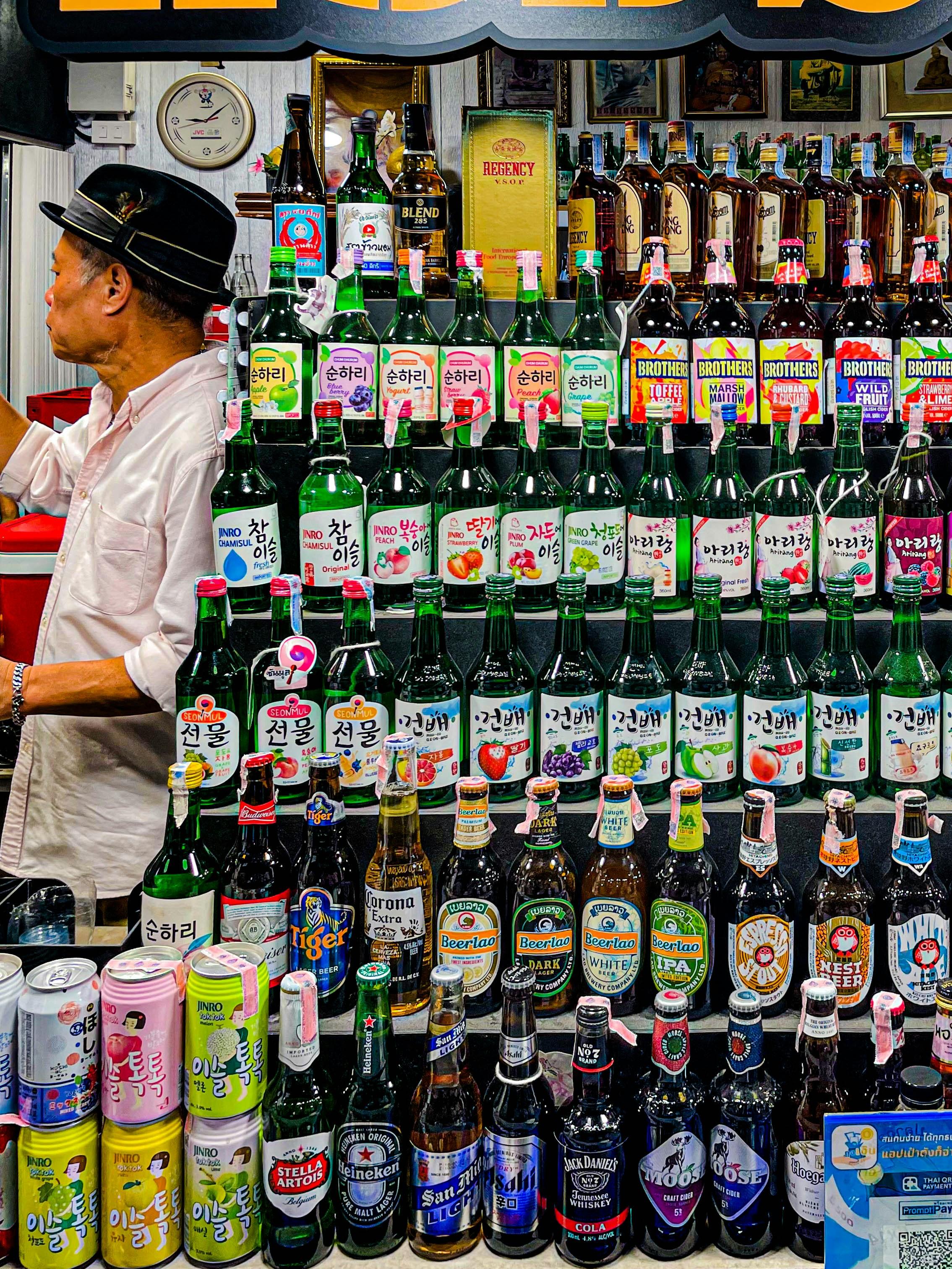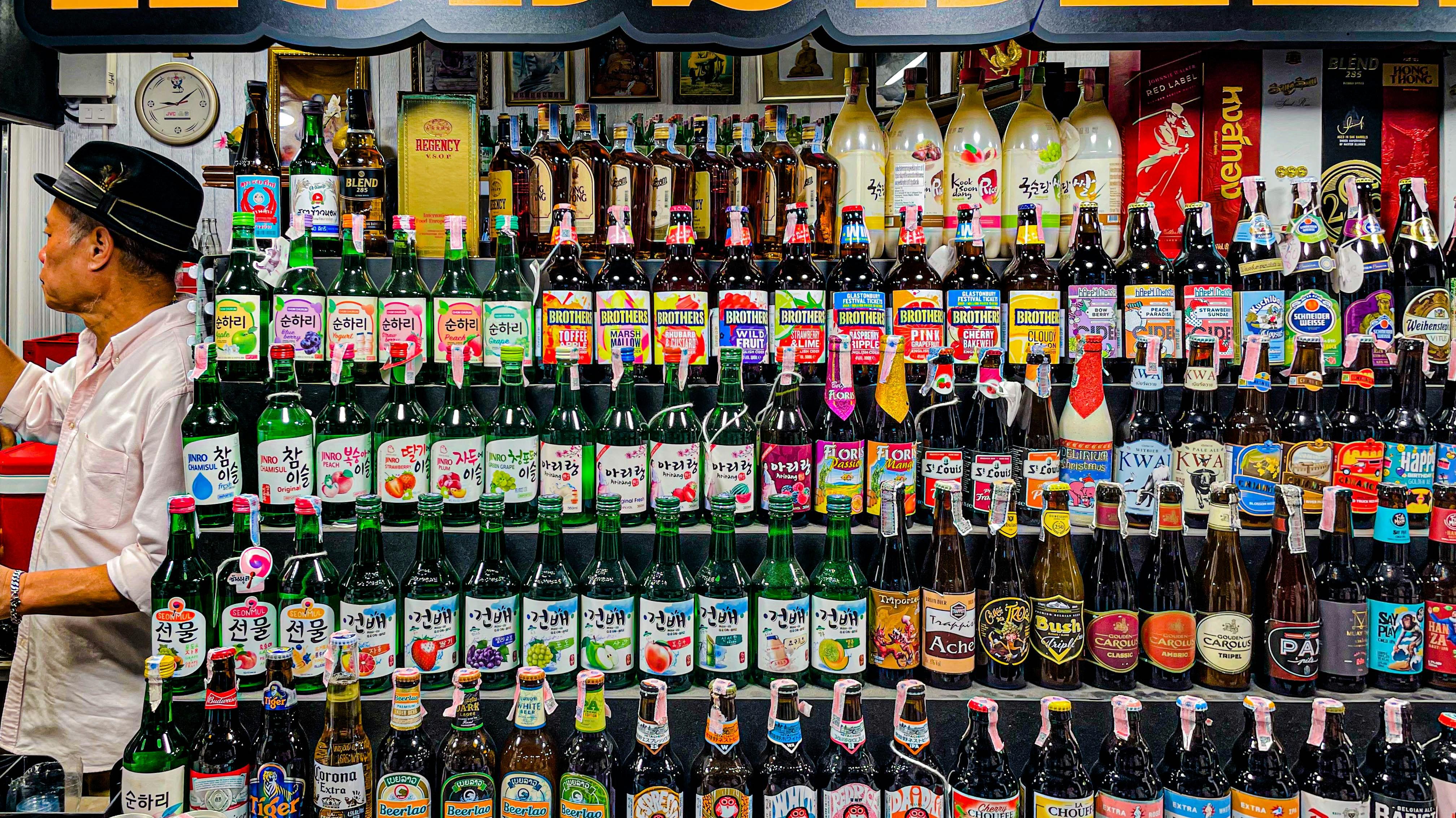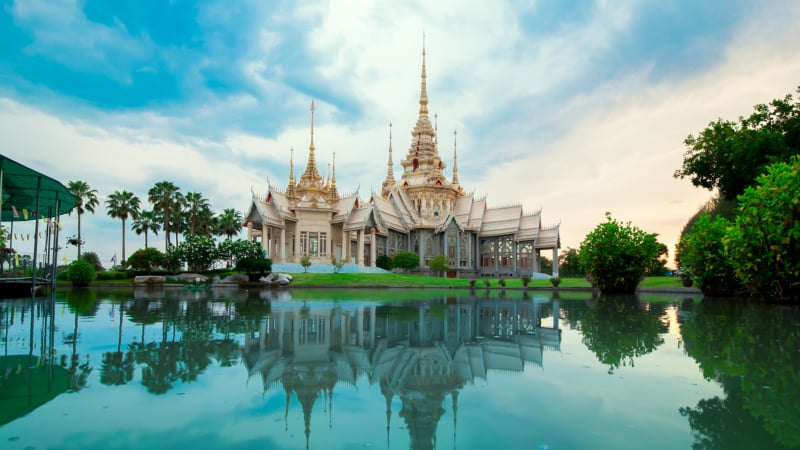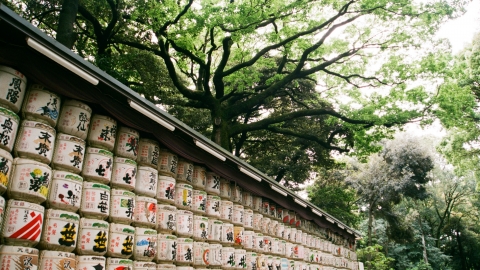The Thai House of Representatives has just passed an amendment bill aimed at easing restrictions on the sale and advertising of alcoholic beverages, a move expected to boost tourism and support small-scale alcoholic beverage businesses. The bill needs to be approved by the Senate before it officially takes effect.
One of the key changes in the bill is the repeal of the ban on selling alcoholic beverages before 11 a.m. and between 2 p.m. and 5 p.m., which has been in place since 1972 to prevent public servants from drinking during working hours. Additionally, the bill proposes loosening strict regulations on advertising alcoholic beverages, which currently prohibit displaying product names or images for promotional purposes, making it difficult for small businesses to enhance brand recognition.
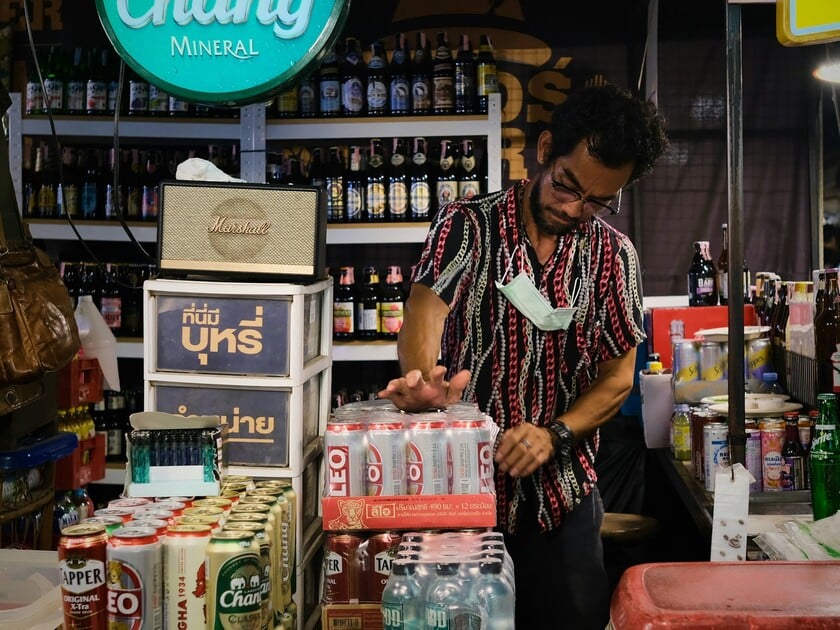
Thailand has implemented a ban on alcohol during working hours since 1972 to prevent civil servants from drinking alcohol on the job.
According to MP Chanin Rungtanakiat, vice chairman of the House committee in charge of the bill, the amendments aim to loosen "unreasonable controls" to stimulate economic activity. Relaxing regulations on alcohol sales hours could generate more than 50 billion baht (approximately US$1.5 billion) in direct economic activity from both foreign tourists and local consumers in a year.
This move comes as Thailand seeks to enhance its appeal to tourists. The country has legalized cannabis and is planning to legalize casinos. The government is also reviewing some restrictions on alcohol that could impact tourism, including a ban on the sale of alcoholic beverages on Buddhist holidays and through online channels.
Lisa Hamilton, chairwoman of the Pattaya Nightlife Business Association, said the ban on selling alcohol at certain times has caused confusion for both businesses and tourists. She stressed that lifting these restrictions would help businesses operate more smoothly and meet the needs of visitors.
However, loosening alcohol regulations also raises concerns about negative impacts on public health and social order. Legislators and authorities need to carefully consider how to ensure that economic incentives do not negatively affect people's quality of life.
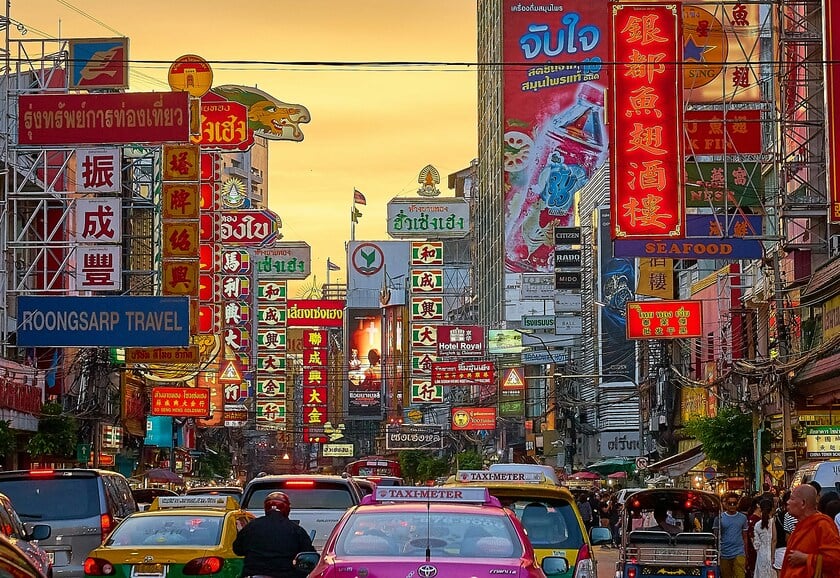
The loosening of alcohol regulations has also raised concerns about negative impacts on public health and social order.
If passed by the Senate, the bill would take effect in time for the upcoming Songkran festival, which takes place from April 13 to 15, one of Thailand's biggest tourist events. In 2024, the country welcomed 1.92 million foreign tourists during the Songkran festival, a 37.5% increase compared to the previous year.
Relaxing alcohol restrictions is a significant step in Thailand's strategy to boost tourism and the economy. However, implementation needs to be closely monitored to ensure that economic benefits are not accompanied by negative social consequences.

 VI
VI EN
EN



